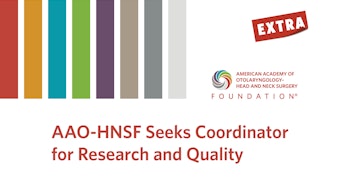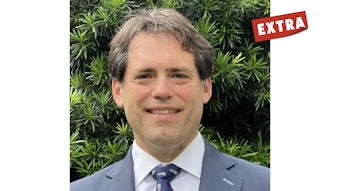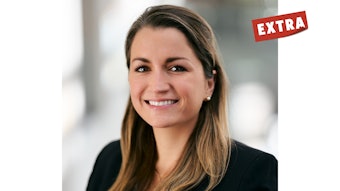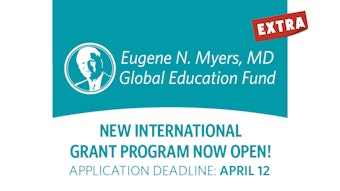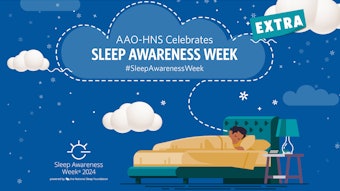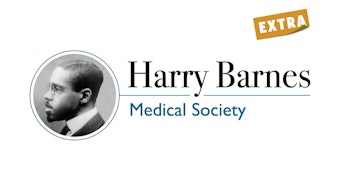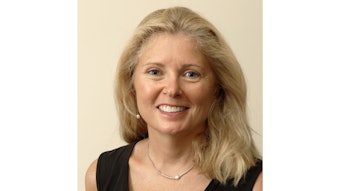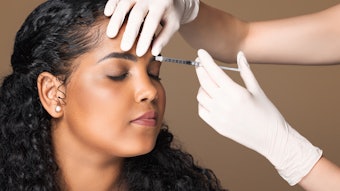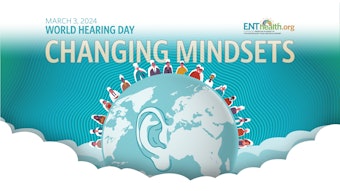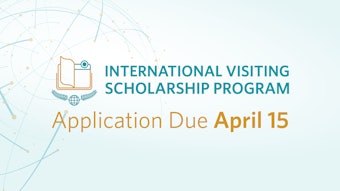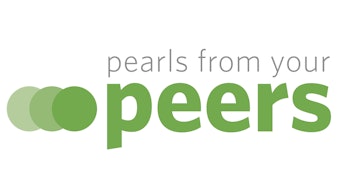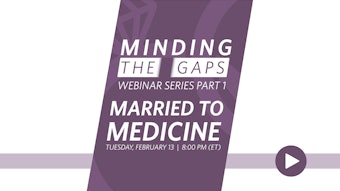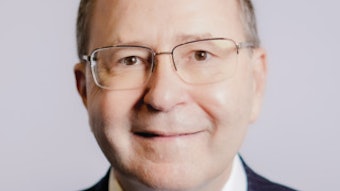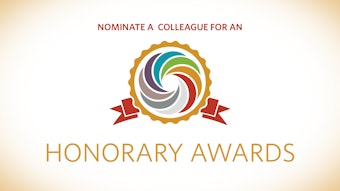Wellness
We each have earned the opportunity to practice in the style that fosters satisfaction, impact, challenge … and wellness.
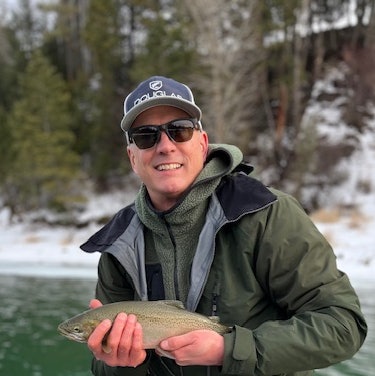 Douglas D. Backous, MD
Douglas D. Backous, MD
AAO-HNS/F President
As I reminisce about my own Match Day, I remember being overwhelmed with joy and relief, yet feeling a responsibility to build a career that contributed to the field of otolaryngology-head and neck surgery. My mentors encouraged me to work hard and to make contributions to our Academy during my training and career. Back then, I could not imagine the degree of job dissatisfaction and burnout that residents, fellows, and practicing otolaryngologists face today. Attention to physician wellness has gained traction in many medical specialties, and our Academy is no exception.
A growing problem facing young physicians is managing education debt. According to the Education Data Initiative, the mean education debt for a graduating medical student in the United States is $250,995.1 One in five students have more than $300,000 in total education debt, with the average pre-medical debt at about $27,000. As early-career physicians complete residency training, with many moving on to fellowships, their debt load often impacts the type of practice style they pursue. Creating pathways for highly qualified residency graduates to enter academic or private careers while managing their debt is now very important. I believe we each have earned the opportunity to practice in the style that fosters satisfaction, impact, and challenge.
We live in the era of the electronic health record (EHR). In many ways the EHR is a powerful tool to ensure the safe, equitable, and quality-driven delivery of otolaryngology care. The downside is the amount of time we all spend checking boxes, clicking mouses, and providing documentation required for insurance preauthorization, payment, compliance, and quality reviews. Even more challenging is that many of the requirements are ever-changing. Data published in Medical Economics show that the average physician in the U.S. spends 4.5 hours daily on charting and administrative activities in their respective EHR.2 Medscape reports that otolaryngologists rank sixth (tied with urology and orthopaedics), averaging 14 hours per week on administrative and charting work that is required but does not add direct value to the care delivered.3
More shocking to me was the amount of work we all do while on our off-time and vacations. As reported in JAMA Network Open this month, researchers conducted a cross-sectional survey of U.S. physicians between November 20, 2020, and March 23, 2021. Burnout was measured using the Maslach Burnout Index, and professional fulfillment was measured using the Stanford Professional Fulfillment index. A total of 3,024 physicians from all specialties responded. Of those, 59% took 15 or fewer days of vacation in the prior year while 19.9% took five or fewer days of vacation, and 70.4% performed patient care-related tasks while on vacation with 31% working 30 minutes or more on a typical vacation day. Only 49.1% had EHR inbox coverage while on vacation. Paradoxically, three weeks or more of vacation per year and full EHR inbox coverage were associated with decreased burnout on multivariate analysis. Spending 30 minutes or more per vacation day on patient-related activities was associated with higher rates of burnout.4
The Agency for Healthcare Research and Quality further defines the causes of physician burnout as a combination of a chaotic work environment, balancing family responsibilities, time pressure, low control of the pace of our work days, and the EHR.5 The need for less practice management and a secure, stable salary in employed work settings is offset by a feeling of decreased autonomy and control. Conversely, in private practice settings, the pressures of buying into a practice or surgery center are compounded by student loan debt for many.
As an Academy, we made physician wellbeing one of the five areas designated to receive funding from the 125 Strong Campaign celebrating our 125th anniversary. We committed to keeping a catalog of wellness and resiliency programs and having funding available for a Wellness Certificate Program, which will develop wellness ambassadors within our specialty. Our Otolaryngology Private Practice Section, Section for Residents and Fellows-in-Training, Women in Otolaryngology Section, and Young Physicians Section are well equipped to provide insight for ways we as an Academy can open doors for our newest colleagues to build meaningful careers as they manage their way past student loans, practice costs, family needs, and build their lives outside of medicine.
For many, wellness is a personal journey. We all face many of the common challenges I listed above; and each of us has additional unique situations that we must navigate as we live our lives and provide care for our patients. Supporting wellness initiatives, caring for ourselves, offering mentorship to physicians at all career levels, and creating boundaries around the ever-present EHR can create more joy and satisfaction in our mission to provide the best care possible for our patients.
References
- Hanson, Melanie. “Average Medical School Debt,” EducationData.org, last updated September 17, 2023, https://educationdata.org/average-medical-school-debt/. Accessed February 12, 2024.
- Payerchin, Richard, “Physicians Spend 4.5 Hours a Day on Electronic Health Records,” Medical Economics, April 21, 2022, https://www.medicaleconomics.com/view/physicians-spend-4-5-hours-a-day-on-electronic-health-records. Accessed February 12, 2024.
- Koval, Mary Lyn, “Your Income vs Your Peers’: Medscape Otolaryngologist Compensation Report 2023.” Medscape, May 24, 2023, https://www.medscape.com/slideshow/2023-compensation-otolaryngologist-6016370#15. Accessed February 12, 2024. [Account required to view]
- Sinsky CA, Trockel MT, Dyrbye LN, et al. “Vacation Days Taken, Work During Vacation, and Burnout Among US Physicians,” JAMA Network Open. 7, no 1 (2024): e2351635. doi:10.1001/jamanetworkopen.2023.51635
- “Physician Burnout,” Agency for Healthcare Research and Quality, Rockville, MD, content last reviewed November 2023, https://www.ahrq.gov/prevention/clinician/ahrq-works/burnout/index.html. Accessed February 12, 2024.
